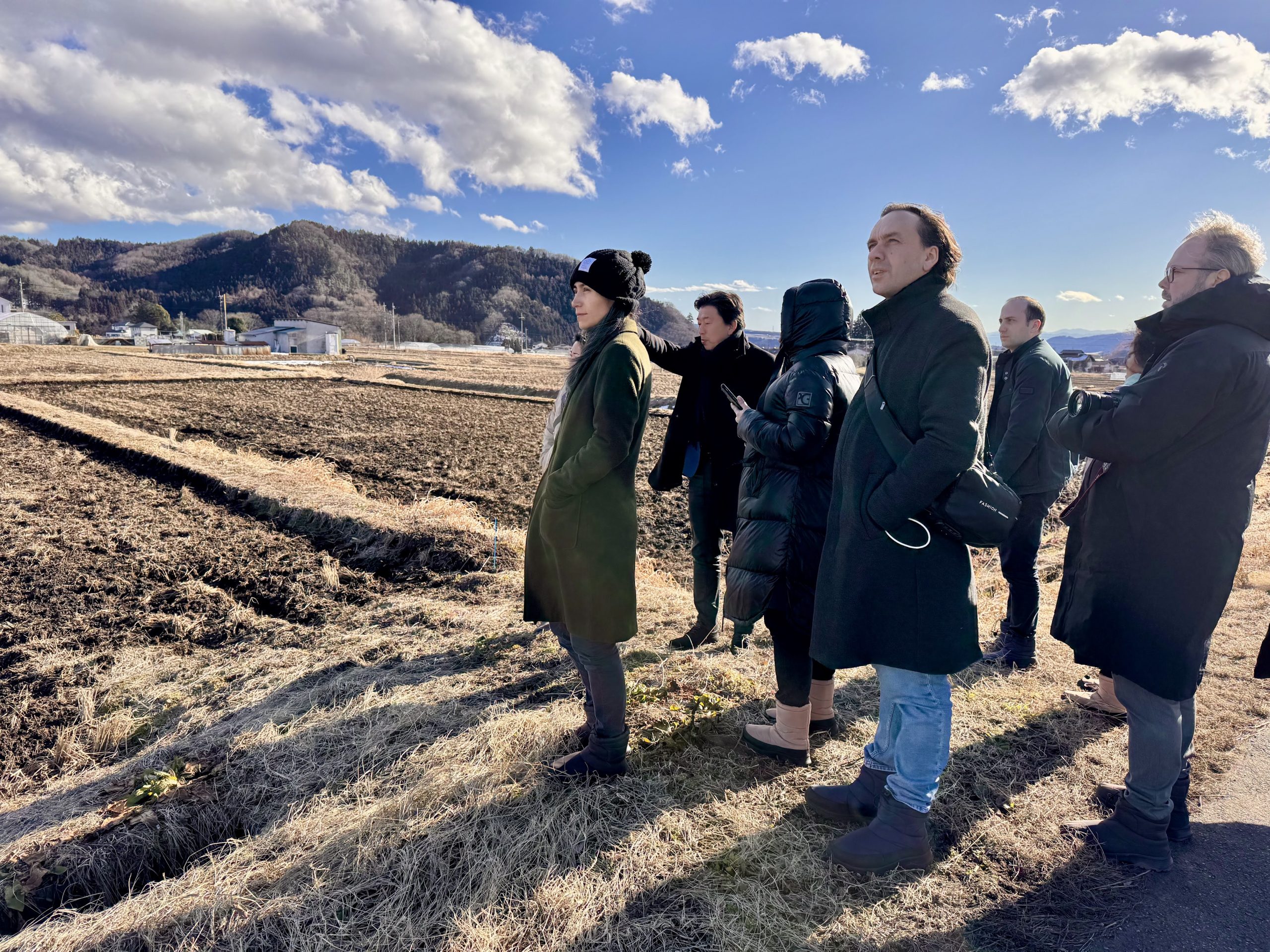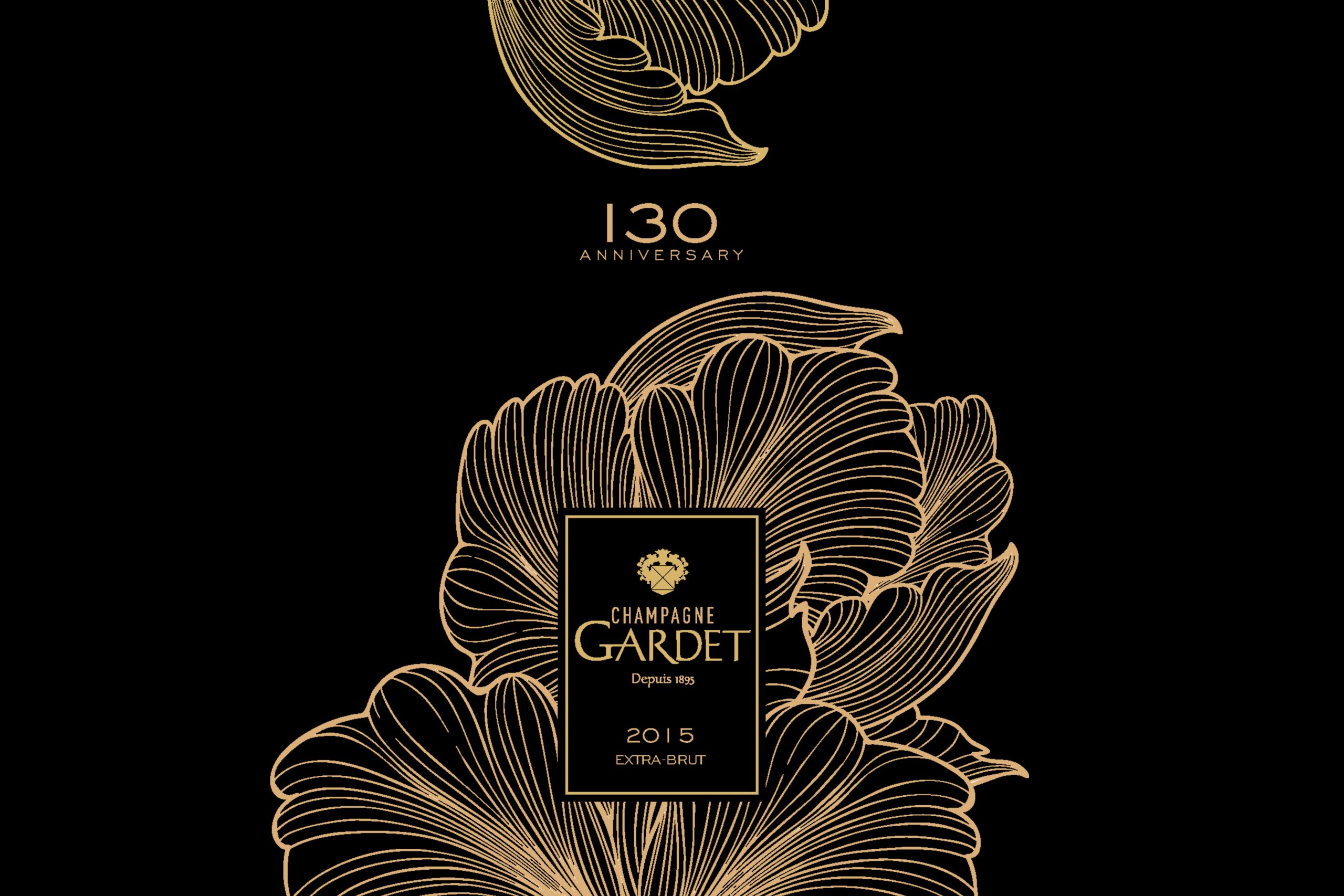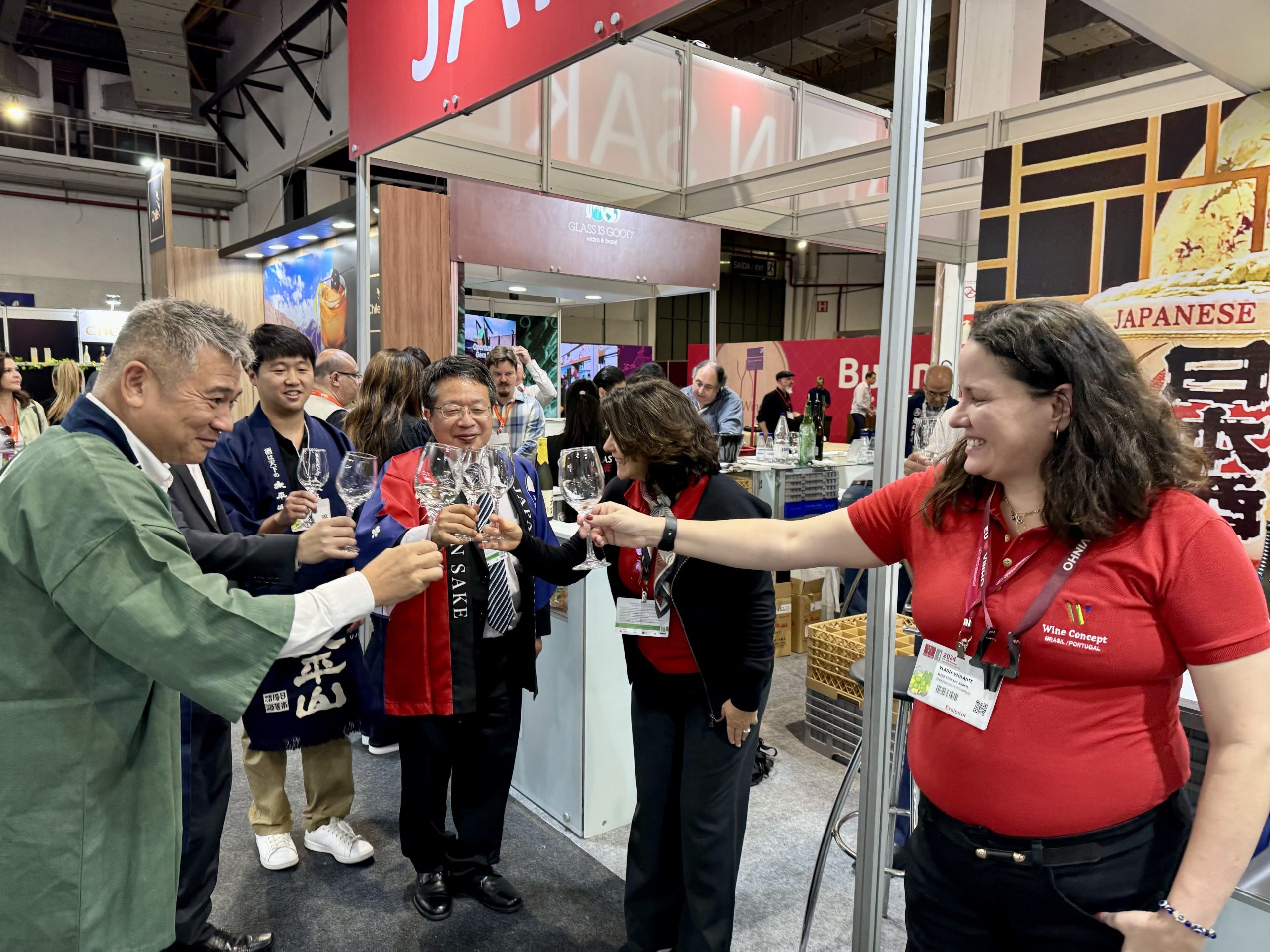Around the World – February 2006
By db staff writerNews of Coke Light launching in Sweden, and wine distillation totals in France. Plus news from Australasia, USA and Asia
EUROPE
Sweden
Sweden will be the first country outside of the US to get sugar-free Coca-Cola Light. The decision to test this new product in Sweden was apparently because regular Coca-Cola Light already holds a large section of the market, as well as the fact that residents there were identified as “trend conscious.†The new Coke Light is already in production outside Stockholm. Instead of the sweetener aspartame, the new soft drink will contain sucralose, which is derived from sugar, but is chlorinated to remove calorific content. This results in a drink which tastes different to regular Coke Light.
If successful, the brand is set to launch in Norway next, with the intention of eventually spreading worldwide.
Portugal
In response to rising cider sales in Europe, and in particular in the UK, Portuguese brewer Unicer has launched its own cider. The brand will be called Decider, and will be launched together with two new Super Bock beers. The development and marketing budget is estimated to be worth around e10 million.
The new Super Bock Abadia will be based on a traditional Portuguese beer recipe, and new Super Bock Mini will contain only Portuguese malt. With a current market share of 45%, Super Bock is currently at the top of the Portuguese beer market.
France
The EU recently announced that France is falling behind in its wine distillation quota. It has been recommended that France should produce 2-3 million hectolitres, but it has applied to send only 1.5m hl. Predictions are that Spanish and Italian distillation figures will be much higher, closer to 5 or 7m hl. A likely cause for France being so far below quota is the low EU subsidy received by growers for distilling wine.
In Alsace, wine production was down 8.6% last year, though this figure is skewed by a very large increase in 2004.
Germany
Stuttgart’s Intervitis Interfructa, the international technology trade fair for wine and fruit juice, will be the first event to take place at the New Stuttgart Trade Fair Centre. Organisers recently announced that April 2007 would see the fair being held at the “most modern exhibition site in Europeâ€. The centre will have over 100,000 square metres of covered space. In addition to access by car or train, the centre is being built adjacent to Stuttgart airport, allowing for ease of access by plane. Given that nearly 600 international exhibitors, and almost 41,000 international visitors attended the last event in 2004, this is a useful feature of the venue. Intervitis Interfructa is organised by Messe Stuttgart together with the German Winegrowers’ Association (DWV). The event is primarily concerned with practical production processes in wine and fruit juices. Included in 2007’s line-up will be discussions and symposia regarding viticulture, harvesting and equipment, as well as technical workshops.
AMERICAS
USA
The man responsible for the huge success of super-premium Grey Goose Vodka, and Jägermeister before that, died in San Diego in January. The billionaire Sidney Frank first became famous for the unconventional techniques he used to market Jägermeister to college students in the 1970s, which primarily consisted of scantily-clad girls who would give away free shots to male students. In 1997 he created and marketed the premium Grey Goose brand, again using uncoventional marketing techniques such as planting bottles in limousines intended for the Academy Awards. The brand was sold in 2004 to Bacardi for about US$2.3 billion. Since then he had donated a large amount to charity. He gave away US$100 million for scholarships to Brown, the university he once had to leave because he was unable to afford the tuition fees.
Partner Content
AUSTRALASIA
Australia
Australian wine prices are expected to decline even further this year as a result of an over-supply of grapes. Low-end wines have already been discounted, but mid-range prices are expected to fall, possibly to the lowest in a decade. It is expected that this will be the worst year for growers so far. The surplus is attributed to mass planting in the late 1990s.
Rory McEwen, South Australia’s Agriculture Minister, has called for a national summit to address the problem, which apparently amounts to as much as one billion litres of grape juice from last year currently in storage.
New Zealand
The largest wine producer in New Zealand, formerly known as Montana Wines, will remain in the hands of French drinks giant Pernod Ricard. Montana Wines was bought in 2001 by Allied Domecq, which was then acquired by Pernod Ricard.
When the French company, which is the second largest liquor company in the world, rebranded its New Zealand holdings in the area under the new Pernod Ricard Pacific banner, it confirmed that the winery would remain permanently in its possession.
ASIA
Vietnam
SABMiller has teamed up with Vietnamese company Vinamilk to set up a greenfield brewery in the South of Vietnam. The brewery, which is expected to be operational by 2007, will initially produce beer for local markets in the south, eventually catering for the national market. The intention is to produce a Vietnamese mainstream brand, as well as provide an international SABMiller premium brand. Vietnam is considered to be one of the fastest growing beer markets in the world. Vinamilk is a well-established company in Vietnam, with around 70% market share in milk and related products. Its extensive distribution network will prove useful for this new venture, apparently providing access to 20,000 beer-retailing outlets in southern Vietnam.
db February 2006




